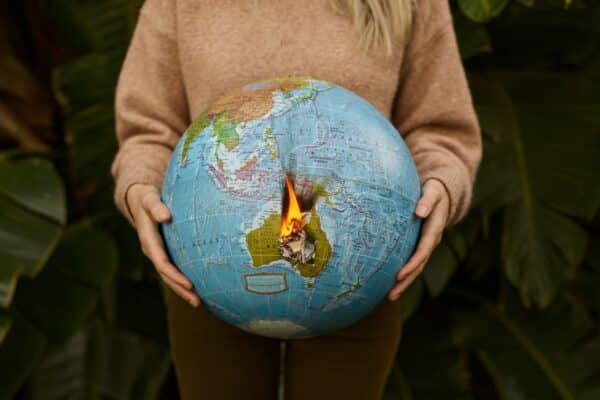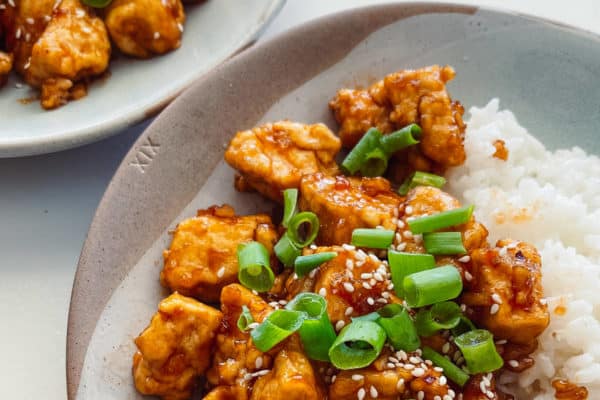Whilst Australia has gone bonkers against Woolworths for removing single-use bags from stores, there’s a vast array of products out there sneaking plastic into our every day lives.
These products are commonly used in Australian households and even 55% of us drink it at least once a week. Not only should businesses remove the plastic in these products, they should at the very least clearly inform consumers.
I’m no plastic-free saint, I’m a mere mortal that failed Plastic Free July on day 3 by purchasing tofu wrapped in plastic.

"If consumers are barely educated on why plastic bags are removed from local stores, they definitely won’t understand how to remove not-so-obvious plastics, that shouldn’t be there in the first place."
What I do believe however is that the world needs to reduce every day plastic that’s unnecessary (plastic bags being the start).
Before consumers can make any change in their daily living to reduce plastic, they first need to be educated.
If consumers are barely educated on why plastic bags are removed from local stores, they definitely won’t understand how to remove not-so-obvious plastics, that shouldn’t be there in the first place.
For your own education, here are some simple swaps for the not-so-obvious plastics in products.
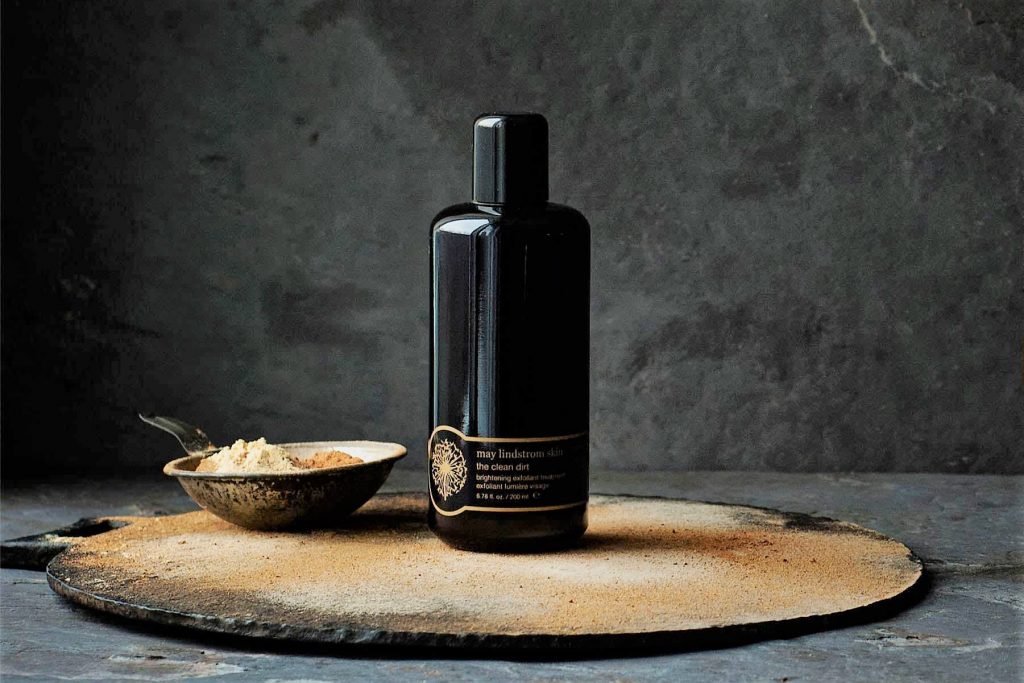
Image via May Lindstrom
Face wash
Microbeads are tiny plastic beads polluting the sea and killing marine life. They are completely pointless but somehow have made it into a wide range of mainstream beauty products such as face wash and toothpaste.
Without knowing it, most of you daily contribute to the Plastic Soup by scrubbing your body, brushing your teeth, cleaning your face or washing your hair, because the plastic micro beads inside these products will be washed down the drain. – Plastic Soup Foundation, 2012
Thankfully, multiple countries have introduced legislation to ban micro-beads in products and Beat The Microbead campaign have got 448 brands from 119 manufacturers to remove plastic microbeads from their products.
For those that buy mainstream beauty products, have a quick check for the following names on the label – Polyethylene (PE), Polypropylene (PP), Polyethylene terephthalate (PET), Polymethyl methacrylate (PMMA) and Nylon (PA).
There are plenty of easily accessible beauty products that don’t contain micro-beads in Australia, using things such as nutshell or jojoba wax spheres instead.
We’ve put together a list of cleansers free from micro-beads here.
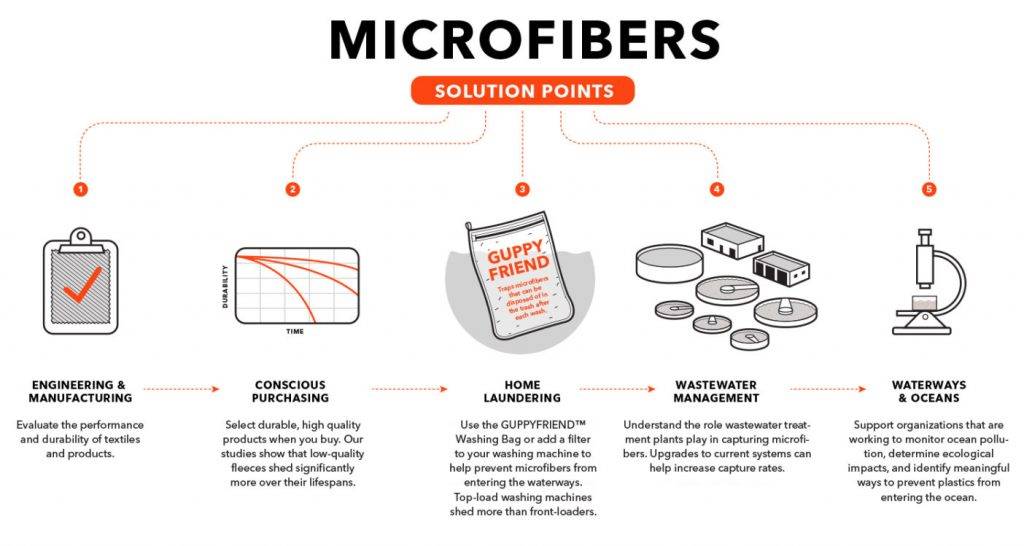
Image: Patagonia
Clothing
Surprisingly and shockingly, a high number of clothes are actually made from plastic. Since the 1950’s, plastic fibers have been making their own way into fashion, producing clothing that’s faster and cheaper.
Even more shockingly, every time clothes are washed they make it through the washing machine and into the ocean,
‘these synthetic fabrics, from which 60% of all clothing on earth is made, have a big hidden problem: when they’re washed, they release tiny plastic bits — called microfibers — that flow down our drains, through water treatment plants, and out into our rivers, lakes and oceans by the billions.’
To help reduce this issue, wash synthetic clothes less and wear natural materials such as cotton and bamboo.
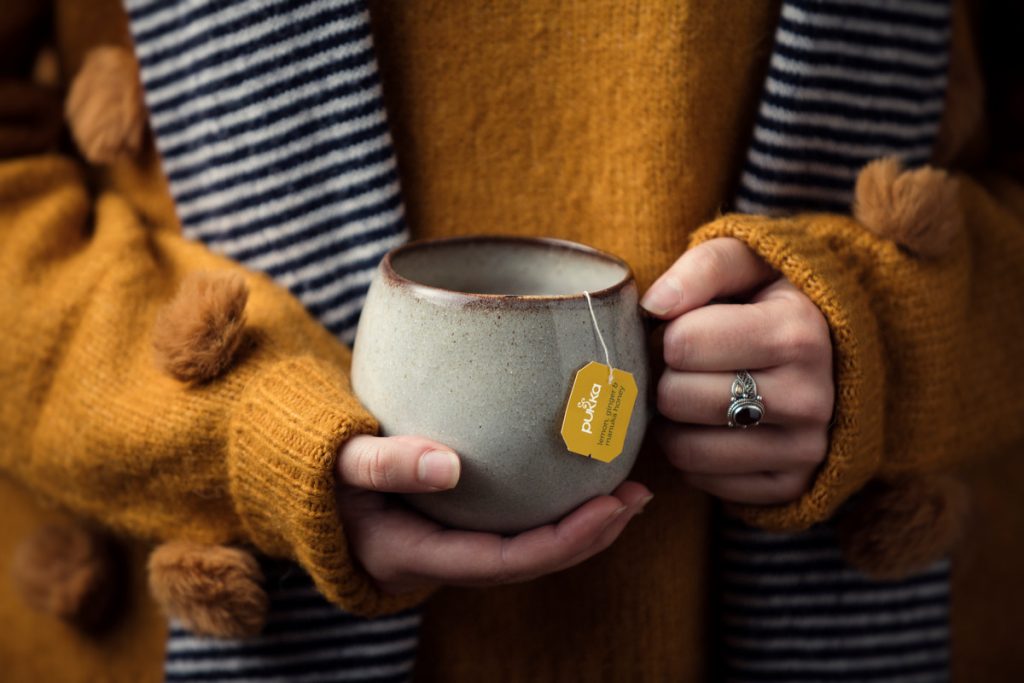
Teabags
As an avid tea drinker, I was shocked when I found out teabags contained plastic. Since teabags aren’t reused and roughly 50% of the population drink it, it’s a tiny product with a big plastic problem. The seal, string and attached tag of regular tea bags such as Twinings English Breakfast are made of polypropylene (plastic).
Obviously, loose-leaf tea is better for the environment, health and purse. The below tea products don’t contain plastic.
Bodhi Organic Tea $14.95
Pukka Organic Tea $7.95
Twinings Loose Leaf tea $8.33
Pillows
I didn’t really consider what pillows were made from, until I purchased some recently. It took me a significant amount of time to find plastic-free pillows and I’m still not sure they really are. Pillows are mostly made with petrochemicals, polyester linings and other nasties, being thrown out and non-degradable in landfill sites. The thought of sleeping on plastic chemicals doesn’t allude to a good night’s sleep so here are some alternatives.
Organic Nature – standard organic cotton pillow $62.00

